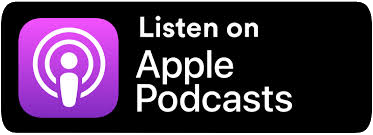
Identity/Crisis Podcast
Jews around the world hold deep moral commitments that are often in conflict. In the face of this kind of communal division, how can we foster a coherent sense of peoplehood? Is there an overarching narrative that deepens and enriches Jewish life while connecting Jews across oceans and ideological differences? Donniel Hartman tackles these existential questions of Jewish peoplehood in his newest book, Who Are the Jews — And Who Can We Become? In this episode, Yehuda Kurtzer and Donniel discuss the book and the core issues it explores, ultimately addressing what it means – and what it takes – to be a Jewish people today.
A transcript of this episode is available here.
Subscribe on all major platforms
 |
 |
In a frenzied media cycle, Identity/Crisis delves into the big ideas behind the news from a uniquely Jewish perspective. Host Yehuda Kurtzer, president of the Shalom Hartman Institute of North America, talks with leading thinkers to unpack current events effecting Jewish communities in North America, Israel, and around the world, revealing the core Jewish values underlying the issues that matter to you.
You care about Israel, peoplehood, and vibrant, ethical Jewish communities. We do too.
Join our email list for more Hartman ideas